Update: This article was last updated on 9th December 2023 to reflect the accuracy and up-to-date information on the page.
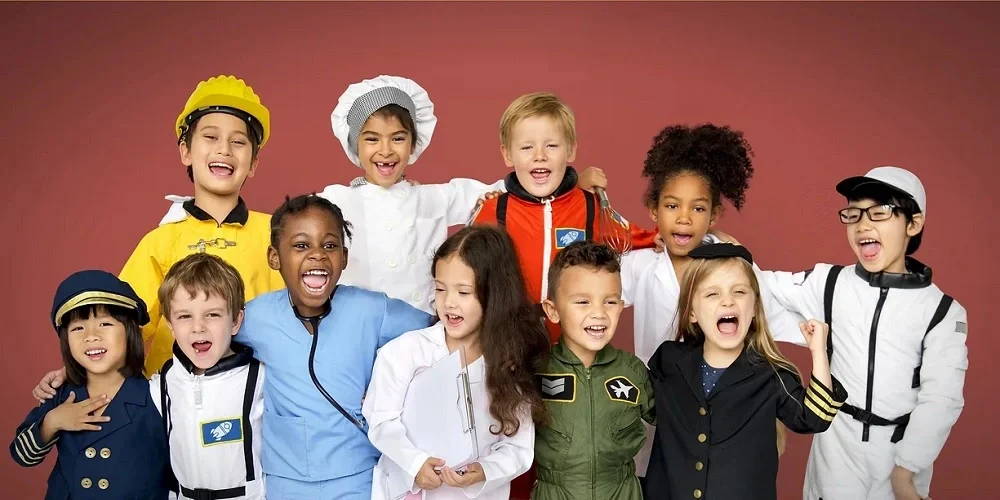
Are you looking to secure a brighter future for your child? It’s never too early to start planning their career path. By creating a roadmap early on, you can help guide your child to a fulfilling and successful career.
But how are you going to do it? In this article, we’ll go over 10 wise career planning tips for kids that will help them discover their interests, set goals, and develop the skills they’ll need to be successful in any career path they choose.
But first, let’s explore career options at various ages of a child’s life. As children transition from early curiosity to high school decision-making and post-secondary specialization, each phase plays a crucial role in shaping their understanding of interests, skills, and aspirations.
This journey involves a blend of self-discovery, exposure to diverse experiences, and informed decision-making, ensuring that individuals not only choose careers aligned with their passions but also adapt to evolving aspirations.
Stages in Exploring Career Options:
1. Early Years (Preschool to Elementary): Discovery stage
In the early years, from preschool to elementary, children actively engage in play and exploration, discovering their interests through a myriad of activities and exposure to diverse environments. According to research, play is crucial for children as it helps them learn and develop skills they’ll need in school, work, and life. Also, the roots of adaptability start early in children and continue to be important as they grow up. Play helps them practice important skills like taking risks, solving problems, making decisions, planning, dealing with changes, and bouncing back from challenges.
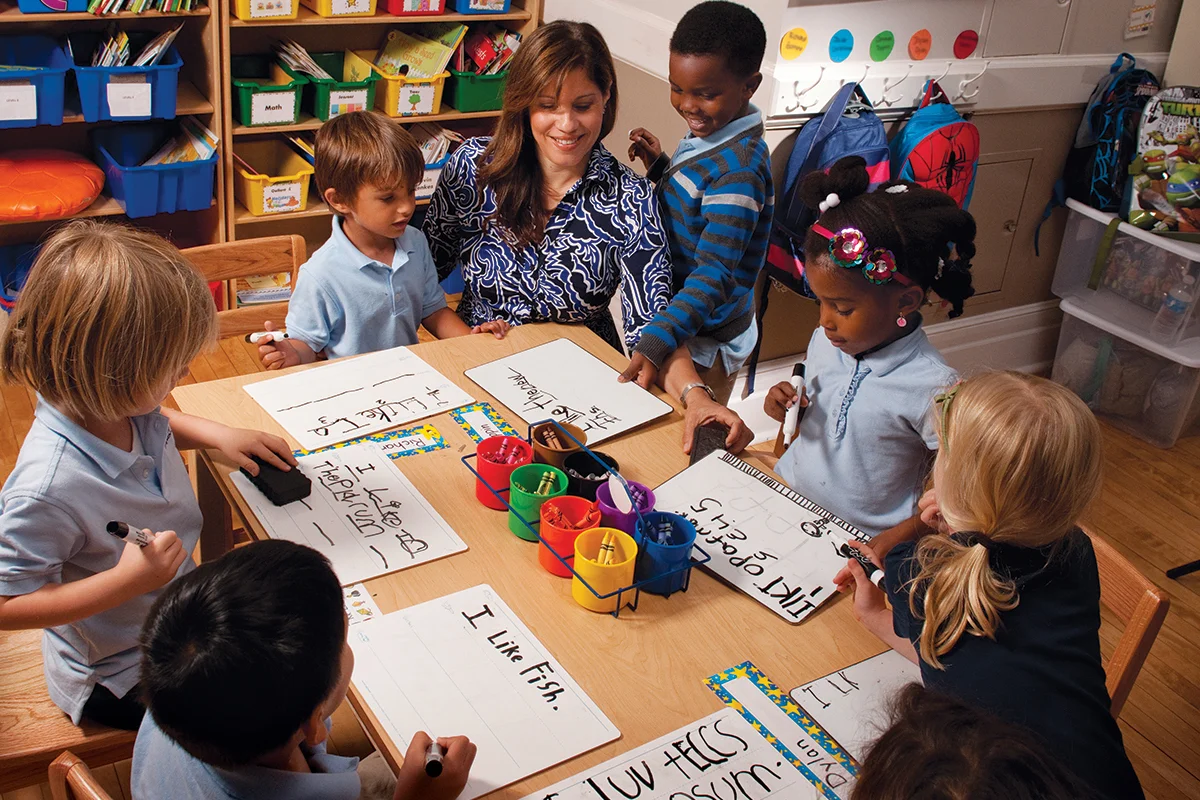
2. Middle School Years: Awareness Stage
This time between early childhood and adolescence comes under this stage, where a child transitions from total physical and psychological dependency to self-sufficiency and independence occurs gradually, according to research.
As individuals progress into middle school, the exploration becomes more structured. Participation in career exploration programs and aptitude assessments becomes a pivotal aspect of identifying initial preferences and strengths.

3. High School Transition: Planning Stage
The high school transition marks a crucial period of specialization. Delving into subjects aligned with potential career paths, students take a more focused approach. Concurrently, practical insights are gained through internships, workshops, and engagement in career fairs, providing firsthand experiences and exposure to a diverse array of professions.

4. Post-Secondary Education: Implementation Stage
In post-secondary education, theoretical knowledge transforms into practical application through hands-on experiences like internships. This stage integrates academic learning with real-world application, preparing individuals for their chosen professions. Networking with professionals becomes crucial for mentorship and industry insights.

Recommended – Take a 2-min Quiz on Choosing a Career for Kid
Why career planning is important for initial stages of a child’s life
Career planning in a child’s early years fosters self-discovery, sets educational goals aligned with aspirations, and builds essential skills. Early exposure to diverse experiences instills confidence and clarity about strengths, laying the foundation for informed decision-making in the future. This proactive approach prepares children for a purposeful and successful educational journey.
10 smart tips for career planning for kids:
1. Encourage Exploration
Encourage children to pursue a variety of activities to find their passion. The more children explore and experience, the greater the likelihood they will discover something they enjoy doing. This can range from reading to sports to music to the arts.
Children encouraged to explore may grow up with a clearer understanding of their interests, which can lead them to pursue their passions more passionately.
2. Foster Creativity

Children with a creative blend of minds will excel in whatever career path they choose. Taking part in activities such as drawing, painting, writing, or Lego construction are some activities that can enhance their imagination and creativity. Developing creative-thinking skills empowers children to think innovatively and solve problems beyond conventional methods.
Recommended Reading: Is Robotics A Good Career Choice?
3. Discuss Different Careers
To expose children to diverse career options, engage them in discussions about various professions and requirements because they may not be aware of all the employment options available to them.
Hence, discussing various jobs and their demands, such as necessary skills, compensation, and the working environment, can be crucial. The knowledge and information will help them have a better understanding of the working world and broaden their horizon about possible career paths.
4. Set Realistic Goals
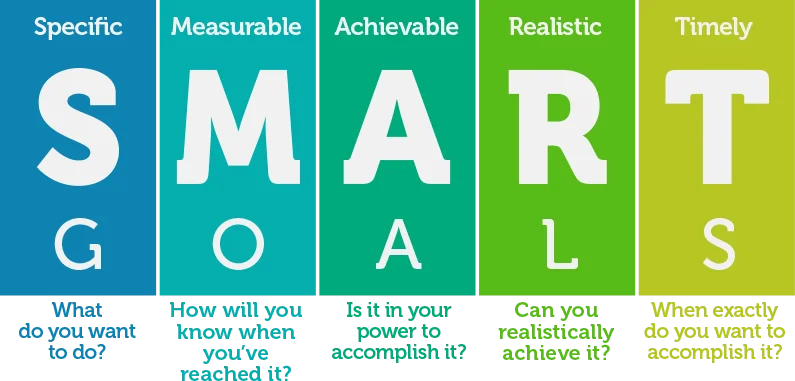
Setting attainable goals–both immediate and long-term–will help children stay on track with their passions and interests. Objectives might range from improving academic performance to finishing a specific project or learning a new skill. Children who create goals can stay focused and motivated throughout the process.
5. Emphasize the Importance of Education
Success in any profession depends on education; therefore, as a parent, you should sensitize your children about the role of education, learning the skills, and acquiring the knowledge for their intended careers.
This can range from excelling in school to pursuing advanced study or a career.
6. Expose Kids to Different Work Environments

Children can learn about various professions by participating in job shadowing or workplace excursions. They can use this to see themselves in various roles and have a better knowledge of potential career paths.
7. Encourage Volunteer Work
Volunteer work can help in obtaining experience and building skills that can be used in all career paths. Children can look for volunteering activities in their neighborhood, such as a community center or a local charity.
This can foster empathy, social abilities, teamwork, and accountability in them.
8. Develop Soft Skills
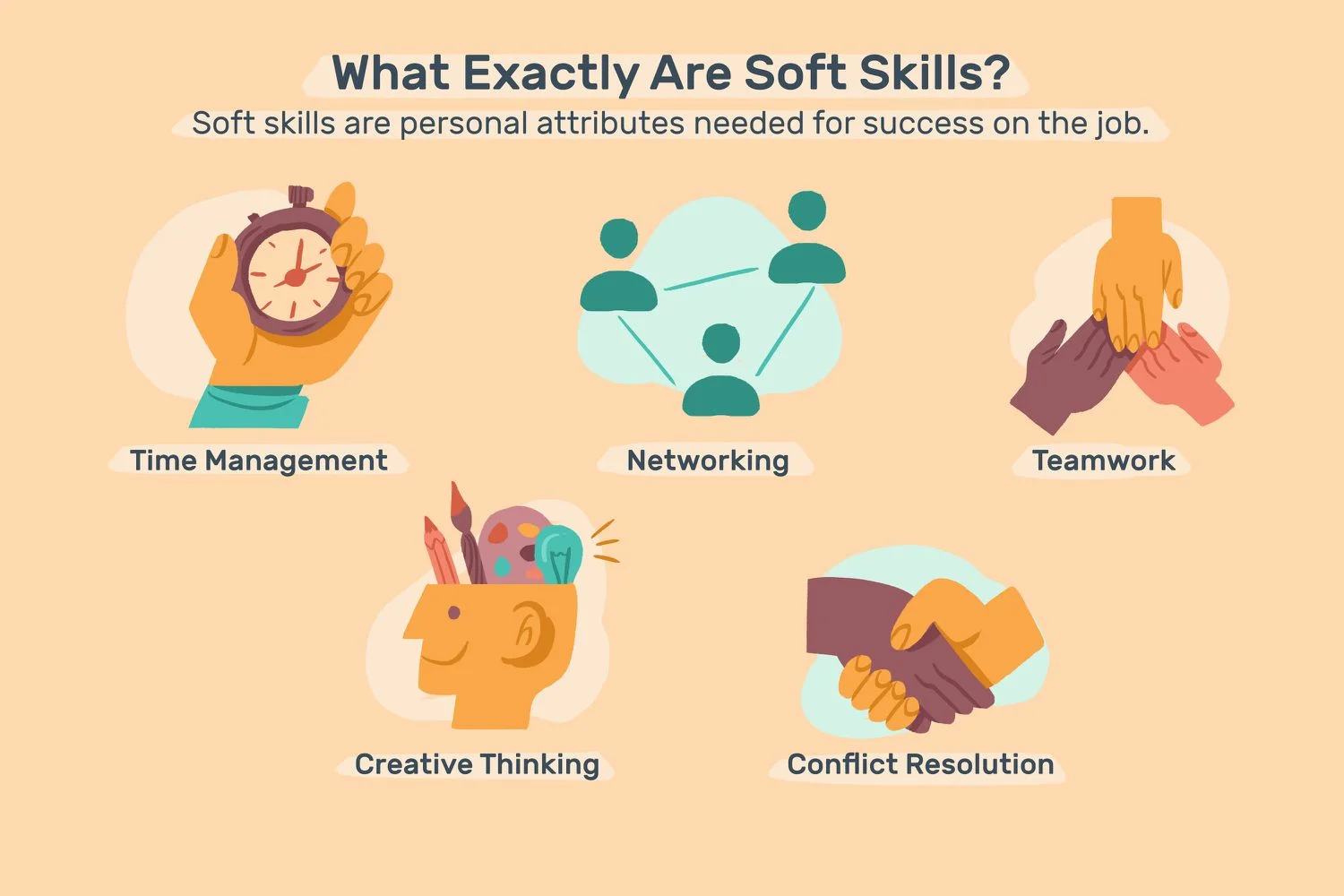
Soft skills are essential for any job. Assist children in developing soft skills such as critical thinking, communication, and problem-solving. Activities like debate teams, public speaking, or even team sports might help you improve these abilities.
9. Teach Financial Management
Children who understand financial matters will excel in their careers. It is a crucial life skill. Teach children the value of money and the importance of budgeting and saving.
This can assist students in developing sound financial habits that will be beneficial in any career path they decide to pursue.
10. Provide Positive Reinforcement

Positive reinforcement is essential for encouraging children to pursue their career objectives. Kids should be supported and encouraged as they pursue their objectives and explore various career options.
Encouragement from others and prizes for attaining goals are both examples of positive reinforcement.
Conclusion
Career exploration, goal-setting, and skill development are ongoing processes in children’s career planning. Parents and guardians can help their children prepare for success in any career path they choose by encouraging them to pursue hobbies, develop their creativity and soft skills, and understand the value of education and money management.
Positive reinforcement and exposure to various workplace settings can also help children learn more about the world of work and potential career paths. Using these ten wise career planning guidelines, parents can help their children lay a solid foundation for a successful and rewarding future.
Moonpreneur understands the needs and demands this rapidly changing technological world is bringing with it for our kids. Thus we are on a mission to educate and ignite the flames of entrepreneurship through our holistically created online STEM programs, which will help kids master the futuristic sciences such as Robotics, Game Development, App Development, Advanced Math, and much more!!
Register for a free 60-minute Robotics class today.












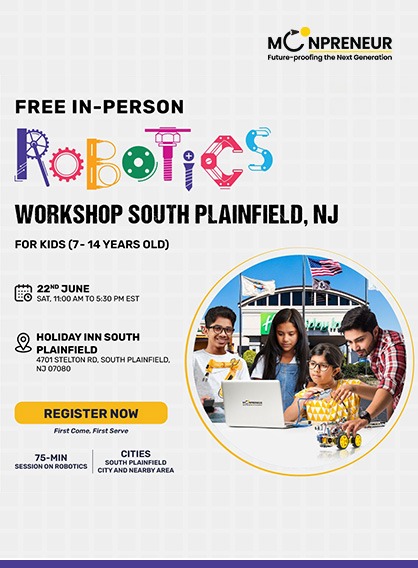




You have missed mentioning stages of career planning which is equally important for kids to know.
Stage 1: Know Yourself. Start by figuring out what you like, what’s important to you, and what kind of person you are.
Stage 2: Find and Learn About Choices
Stage 3: Decide and Put in Order
Stage 4: Take a Leap and Try Things
Stage 5: Think and Re-Check
How can parents adjust their career planning strategies to account for their child’s changing interests while still ensuring that their child’s future is well-rounded and thoughtfully planned? It seems like a delicate balance.
It can be challenging to modify career planning techniques to take into account a child’s shifting interests while still using a thorough approach. Effectively striking this balance requires constant, honest communication. Even if your child’s interests change often, encourage them to express them and give them the chance to try out different things. Encourage adaptation by highlighting the value of abilities like problem-solving and flexibility that are transferable to other professions. Assure them of receiving a good education, encourage them to pursue both short- and long-term goals, and support their current interests. When interests shift, learn about the requirements of various professions, and consider providing mentors and role models across a variety of industries. As your child gets older, give them more autonomy to choose their own career path. Above all, be patient and adaptable as children’s interests will inevitably change. The ultimate objective is to assist in their growth and provide them the skills, perspective, and knowledge necessary to make sensible career decisions in the future.
Career planning at a young age causes undue stress and worry and possibly robs the carefree childhood of kids.
I agree, setting too many goals can occasionally overshadow the excitement of learning and growth. Furthermore, the blog adopts a one-size-fits-all strategy and does not offer individualized instruction, which could obstruct a child’s development.
My child is 8 years old and talks about being an astronaut and a chef. How can I encourage this exploration
Let them! Play space games, visit museums, and cook together. Expose them to diverse careers and celebrate their curiosity. They’ll naturally narrow down their interests later.
My teenager seems lost about future careers. What should I do?
Help them reflect on their skills and interests. Take career quizzes, visit job fairs, and shadow professionals. Encourage them to try different activities to discover their passions.